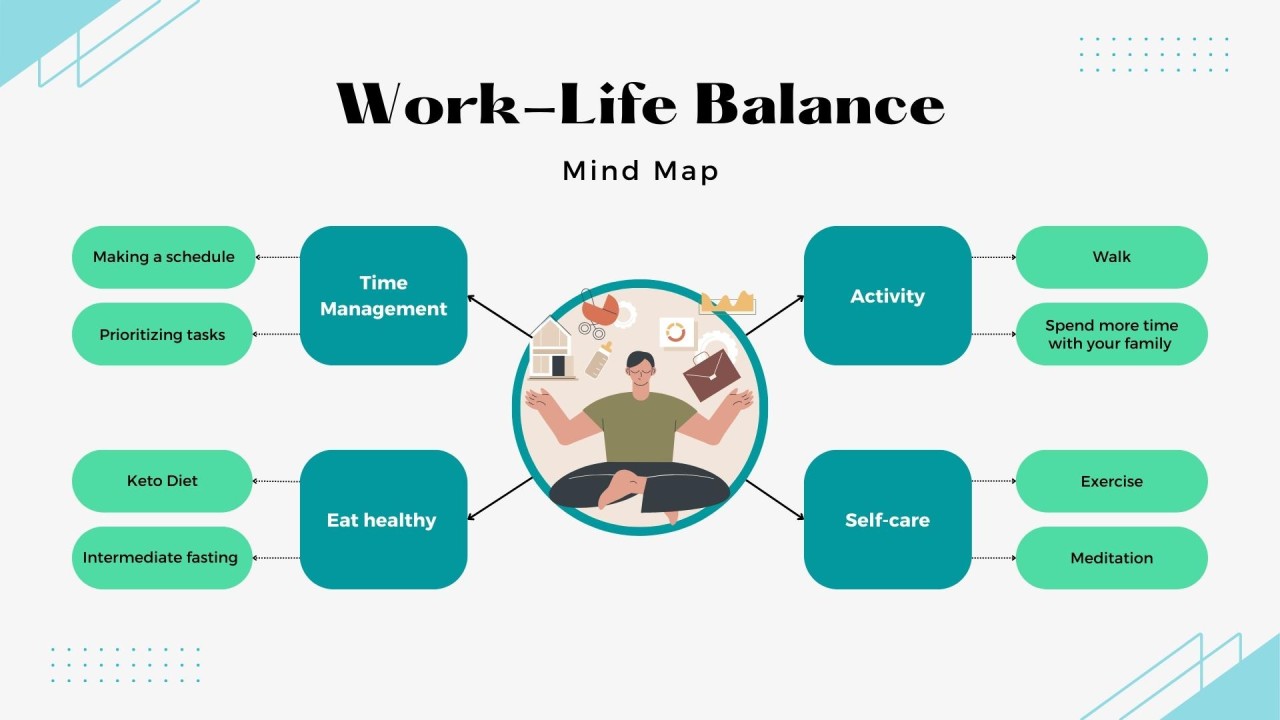- Joined
- Mar 21, 2024
- Messages
- 3,824
- Reaction score
- 17,276
- Points
- 83
Work-Life Balance is a challenging aspect of our lives, especially now with remote work and evolving expectations. What are some strategies you use to separate these spheres when they increasingly overlap? How do you set boundaries and navigate the intricacies of this blend? Let's share experiences and insights to help each other find that equilibrium!

